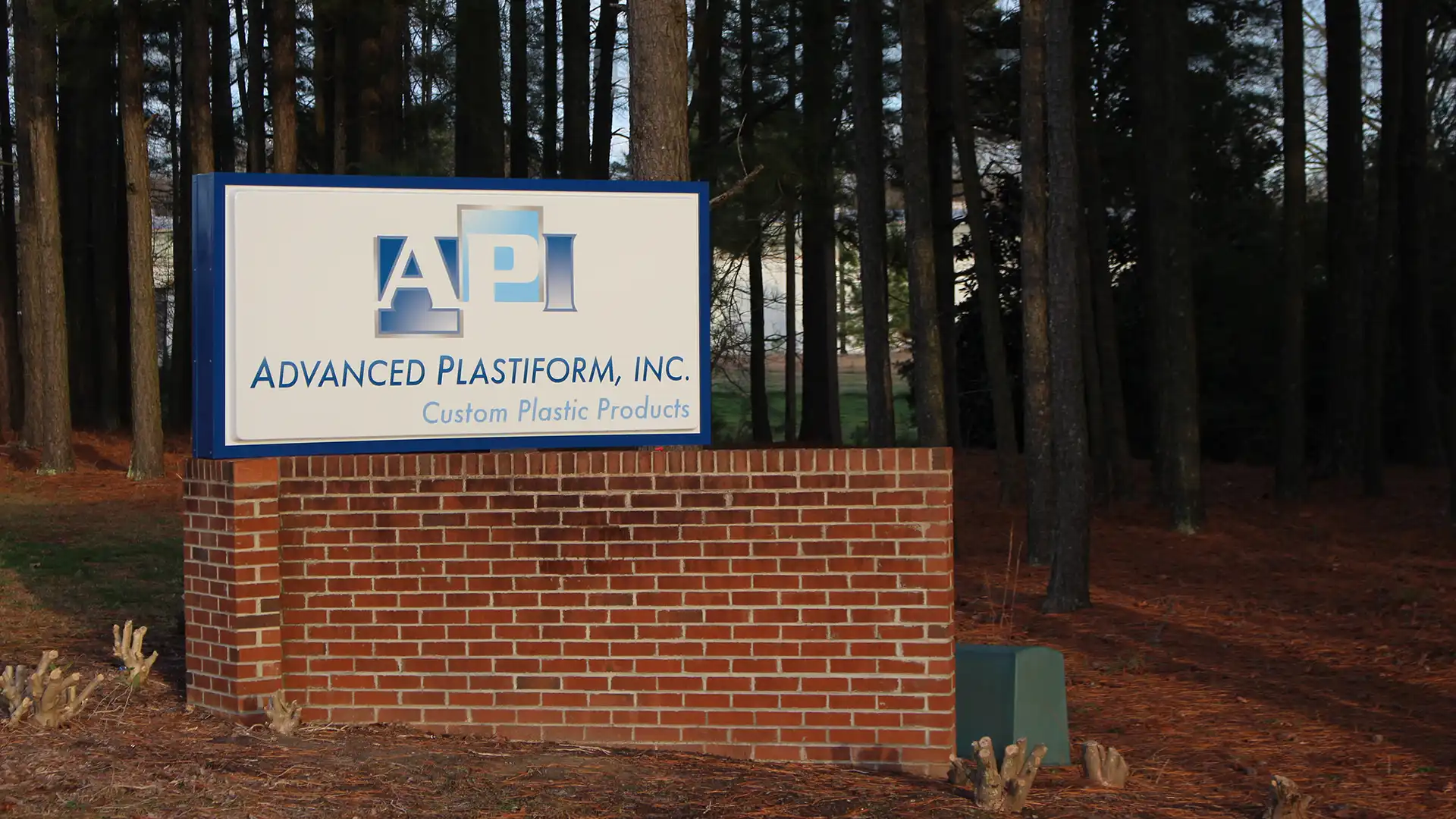4 Ways Plastics Are Making Cars More Sustainable One of the most common concerns about…
How Sugar-Derived Materials Are Reshaping the Plastics Industry
Due to growing concerns of plastic waste in landfills and waterways, researchers are looking at sustainable alternatives for plastic materials as well as ways to repurpose plastic waste. We've explored how plastic is used to solve global housing shortages and pave roads as well as how lab-generated enzymes are breaking down plastics at a rapid rate. However, bioplastics—polymers made from plant-based sources—are generating the most interest in the scientific community.
Our thermoforming company in North Carolina is exploring how sugar is creating biodegradable plastic, including thermoplastic elastomers, and how this can transform manufacturing.
Sugar-Based Biodegradable Plastic Currently In Use
In 2017, researchers at the University of Bath determined that biodegradable plastics could be made using a sugar called thymidine and carbon dioxide. The chemical process creates a material that is similar to polycarbonate, a transparent, hard plastic that will break down without the high temperatures needed for other biodegradable plastics.
This material can be used in packaging, beverage bottles, and food containers as it doesn't contain BPAs or other chemicals that can leach into food and beverages. However, this sugar-based plastic is fairly brittle and is similar to thermoset plastics — plastics whose chemical makeup changes under high heat and that can't be remelted and reformed.
Using Sugar to Create Thermoplastic Elastomers
A research team from Great Britain's University of Birmingham partnered with researchers at Duke University to create a sugar-based polymer that would offer similar properties as thermoplastic elastomers. Specifically, they wanted a material with superior elasticity, resiliency, and durability that could be used in place of traditional thermoplastics like PVC, HDPE, or polypropylene.
The researchers found two specific sugars as their starting point: isosorbide and isomannide, both of which have structural properties similar to thermoplastic elastomers. The stereochemistry of the sugar molecules directed the hydrogen bonds between and within the chain of sugar molecules, creating a material that was transparent and strong, while the isosorbide added resiliency and high elasticity.
Andrew Dove, a professor of chemistry at the University of Birmingham who led that school's research team said, "Isosorbide is a renewable feedstock alternative to petroleum derivatives for commercial polymer production. It is derived from plants, and, as one of the top 20 biomass sourced molecules, is available at a scale that is consistent with commercial production of bioplastics."
While Duke University professor, Matthew Becker, added, "“Most bio-sourced plastics have lacked the mechanical properties needed to compete in commercial applications and lose nearly all of their mechanical properties when reprocessed. The materials outlined in this paper change that paradigm."
Both schools filed a joint patent on their bioplastic and are currently in talks with industrial companies to license the technology.
Get a Quote for Thermoforming and Injection Molding Today
At Advanced Plastiform, we're excited to see this new research exploring sustainable thermoplastics that offer the quality, resiliency, and durability of the plastics we currently use. If you are currently seeking custom plastic products, parts, or components, we work with all types of industries and companies across the Southeast and Mid-Atlantic, offering low per-unit pricing and fast lead times.
We deliver to North Carolina, South Carolina, Pennsylvania, Maryland, Tennessee, Georgia, and Virginia. To learn more about our services or get a free quote, reach out to us today by calling 919-404-2080 or filling out our online contact form.

